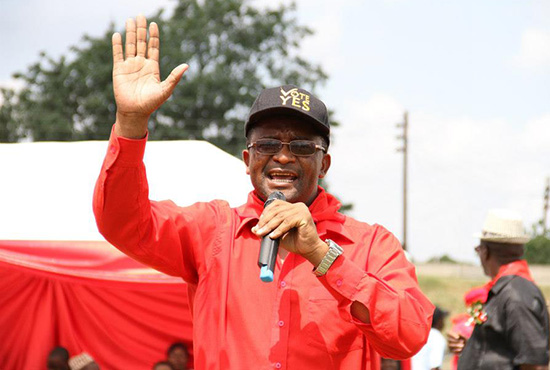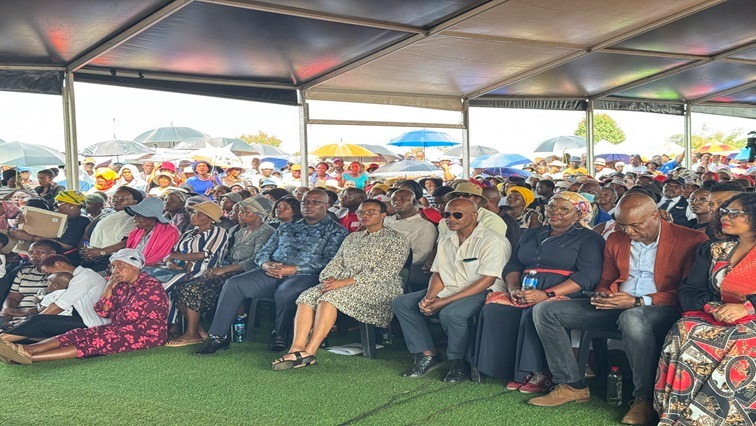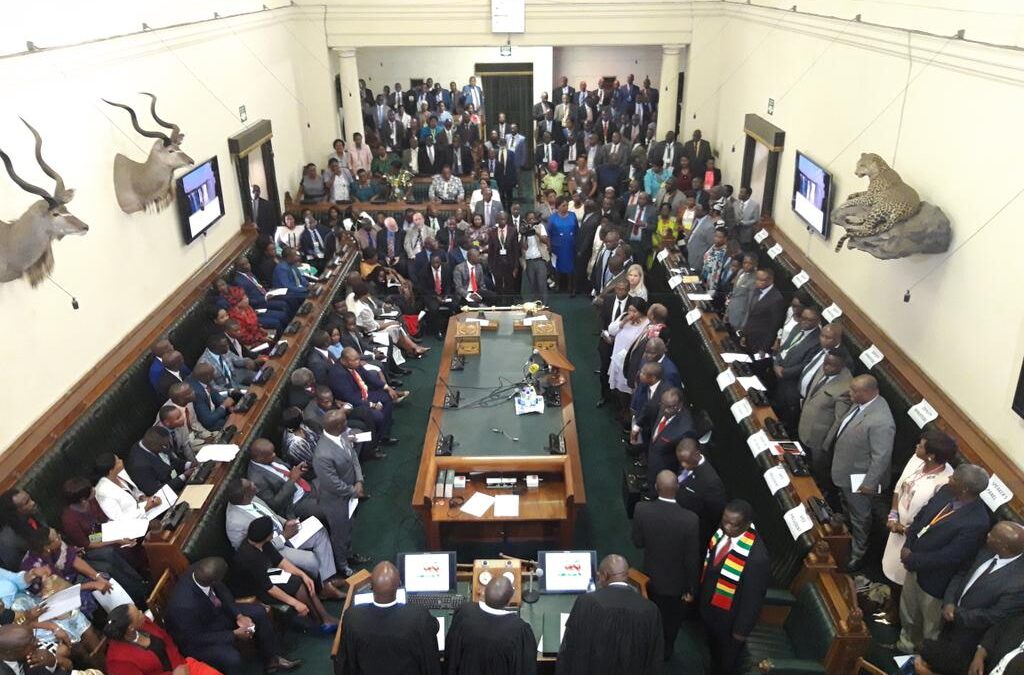Mazini Mlalazi
Zimbabwe’s economy is on a recovery course as witnessed by the significant progress in the country’s private and public sectors which is being driven by economic reforms ushered in by the second republic, the Ministry of Finance has revealed.
Since the onset of the New Dispensation, Government laid a firm foundation for consistent and rapid economic growth in line with the Transitional Stabilisation Programme which is now being complemented by the National Development Strategy-1 (NDS-1).
The Ministry of Finance and Economic Development has revealed that progress can be noted from the macroeconomic stabilisation and the rebounding of the economy through sustained fiscal discipline and monetary consolidation measures which have resulted in improved economic performance.
“GDP growth outturn has been reversed from the -6% decline recorded in 2019 to a projected annual growth of 7.8%(revised up from 7.4%) in 2021, and a significant decline of annual inflation from a high of 838% recorded in July 2020 to 56% recorded in July 2021.
“Budget Deficits have been turned into surpluses or very small deficits which are being kept well below the 3% of GDP SADC threshold since January 2019. Cumulative surplus of ZWL$437 million (0.3% of GDP) by Dec 2019.
“Surplus of ZWL$ 20.6 billion in 2020, and a surplus of ZWL$570 million for the first half of 2021 and government no longer makes use of the Central Bank overdraft,” reads the statement.
The Finance Ministry also revealed that the Issuance of Treasury Bills (TBs) is now only for the Budgeted debt levels, and will only be done through market-based debt issuance operations.
“The Public Wage Bill is now managed below 50% of total revenues, down from 92% in 2017.
“Rationalisation of posts, freeze on hiring, save for critical sectors/posts
The Public Finance Management System controls have been rolled out to all departments and local levels, resulting in reduced wasteful spending and increased public accountability,” reads the statement.
The Finance Ministery also said the new Procurement and Disposal of Public Assets Act is now functional.
“There has been a wholesale removal of fuel and electricity subsidies, with only targeted subsidies being fully accommodated in the Budget.
“Macro Fiscal stabilisation has created significant fiscal headroom which has enabled government to increase spending on public infrastructure (roads, dams, bridges, schools, higher tertiary education innovation centres and student accommodation, hospitals and accommodation for the uniformed forces),”
Fiscal headroom has also enabled the government to support social spending, particularly in the health and education sectors, with Zimbabwe becoming one of the coutries in the world that has had a well-managed Covid-19 response programme. To date, over 11 million doses of Covid-19 vaccines have been procured, wholly funded from Government mobilised resources.
Last week, President Emmerson Mnangagwa said Zimbabwe’s economy is arguably the fastest growing on the African continent this year.
“Our Finance Minister Professor Mthuli Ncube has just told you that this year’s economic growth will be 7,8 percent. That is the biggest growth rate on the continent, despite the sanctions. Why, because we have remained united, we have focused on the things that we have, which we are using to develop our country. And today we are witnessing this launch. That is development that does not speak of poverty”, Mnangagwa added.





0 Comments